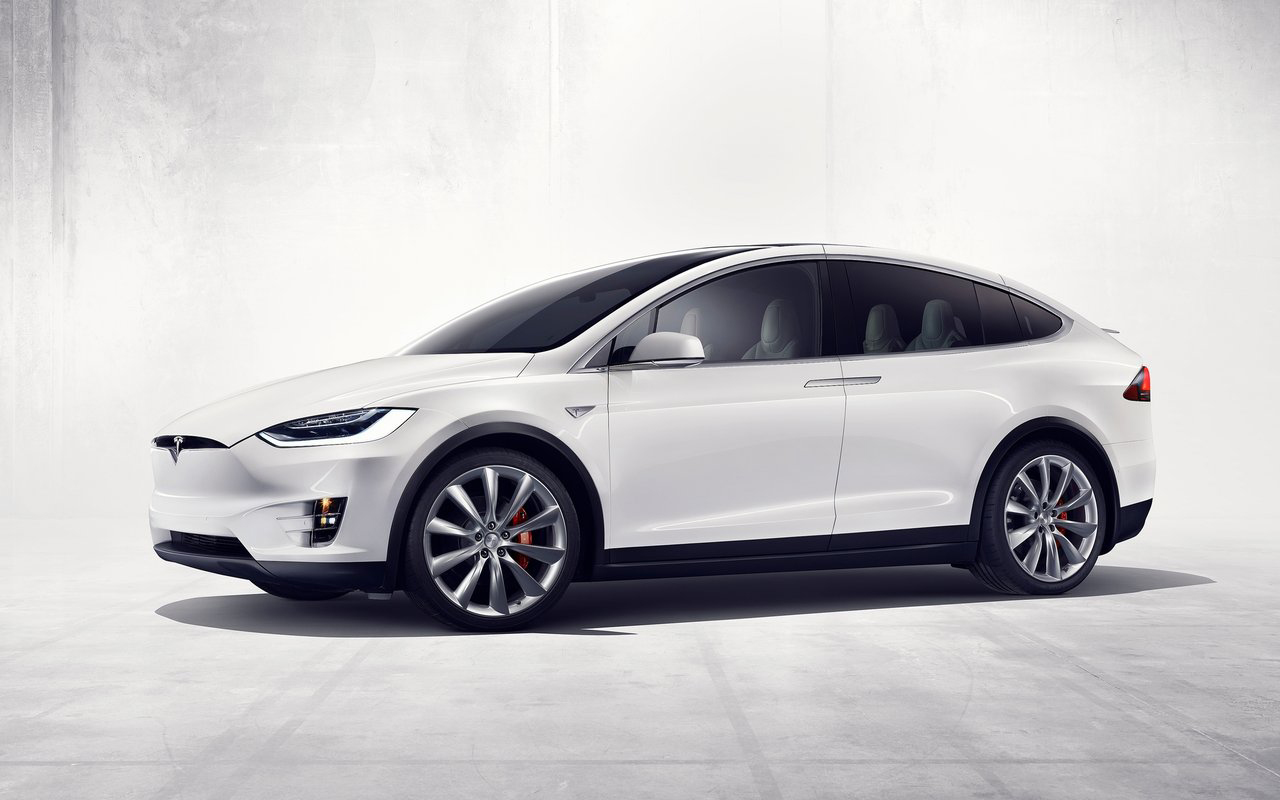Should I buy an electric car? - Part 1
3 July 2020
Lots of people we speak to are keen to switch to a greener, more environmentally friendly electric car but still have reservations about going “fully electric”.
There are a number of myths surrounding electric vehicles, or EVs, and often these worries and concerns are out of date since there have been vast improvements in EV technology and infrastructure. So, if you’re tempted by an electric car but have been put off by things you’ve heard, have a look at our EV myth buster series for up to date practical information about electric cars and how they might actually be a viable option for most of us.Myth 1 – Range anxiety
There’s more than enough about electrical vehicle range to fill an entire car manual! When people refer to range they’re talking about how far an electric vehicle can travel on a single charge. Range anxiety is the term coined for consumer worry about this distance (or lack of it) and how, historically it has been far less than a petrol or diesel equivalent. It is usually the main factor people allude to when talking about their reluctance to get an EV. The range of an electric car depends upon the size of the battery (measured in kilowatt hours or kWh) and your driving style - the bigger the battery the more charge it can hold and the faster or more aggressively you drive the quicker the vehicle will run out of charge. Older EVs had a very limited range of 50-80 miles and so was a legitimate concern. Thankfully modern EVs, even the ones with lower capacity batteries, can travel on average between 100 and 200 miles on a single charge.Data from the Department for Transport showed that in 2017 cars in the UK covered an average of 7,134 miles per year. This means that most of us are travelling less than 20 miles per day! So we can safely assume that unless you have a very long daily commute and cannot charge your car at your workplace, or if you spend a lot of your day in your car driving to different places, you’re unlikely to find the range on current EVs a problem.
For longer trips and days out we’d all usually need to stop at some point, so stopping to charge your car for half an hour would also fit in well, especially with rapid charging points. As we’ve come to expect, official manufacturer figures are not realistic and so it can be hard to judge the real-world range of an EV. The good news is that our partners at What Car? have developed a test to establish real-world ranges for electric cars available in the UK:1. Hyundai Kona – 259 miles
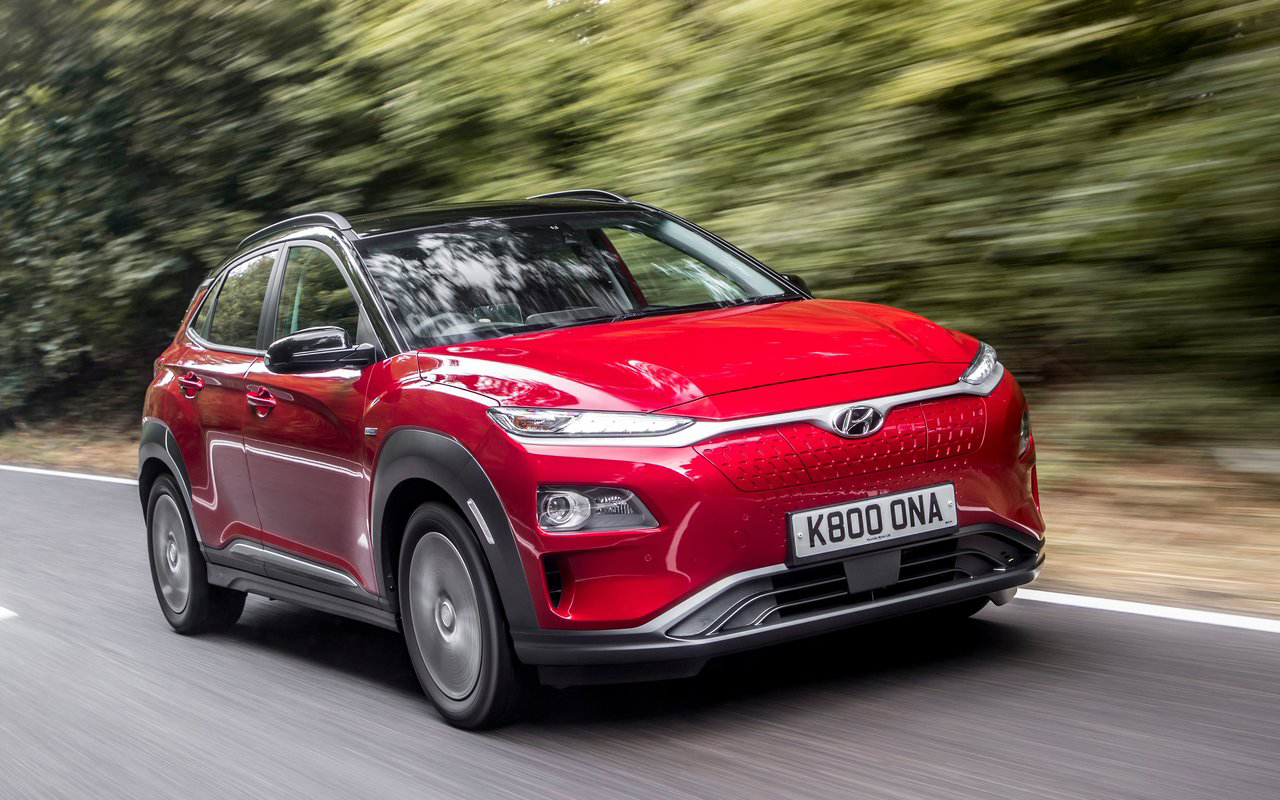
= 2. Jaguar I-Pace – 253 miles
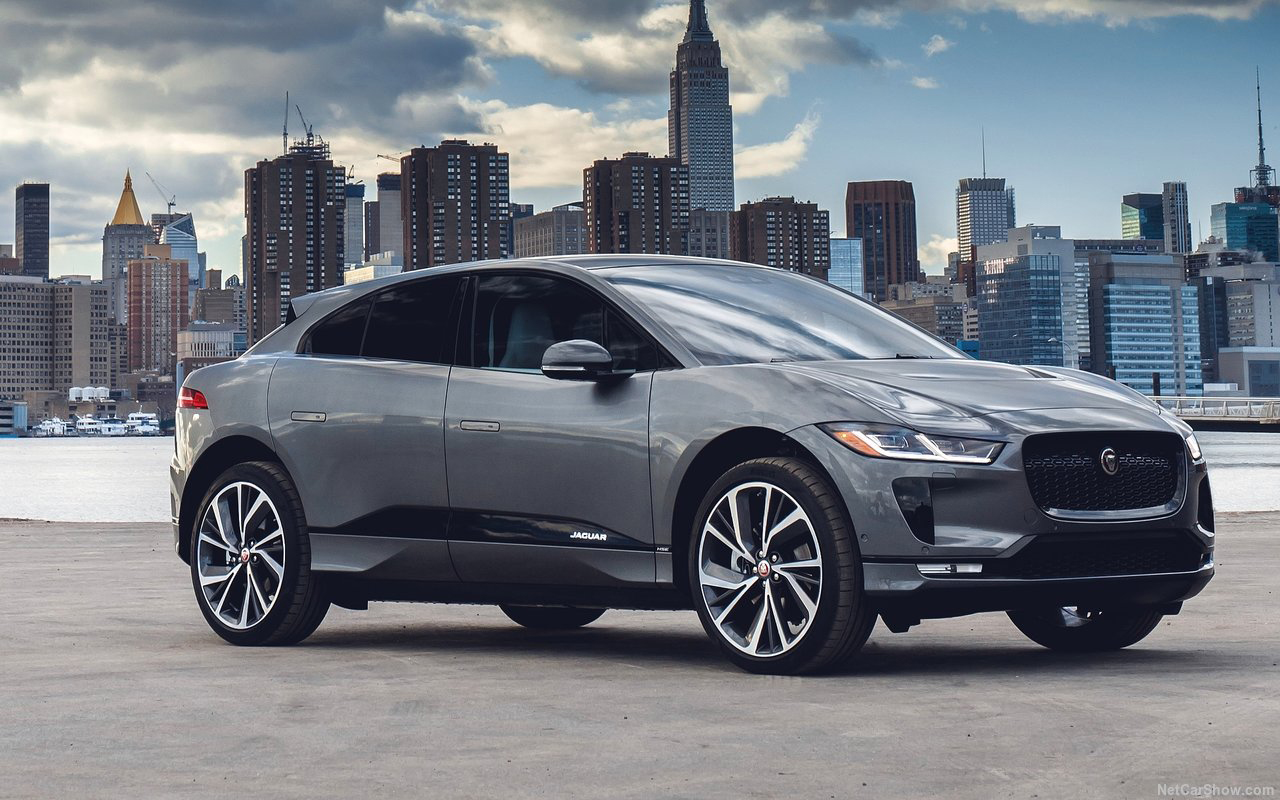
= 2. Kia e-Niro – 253 miles
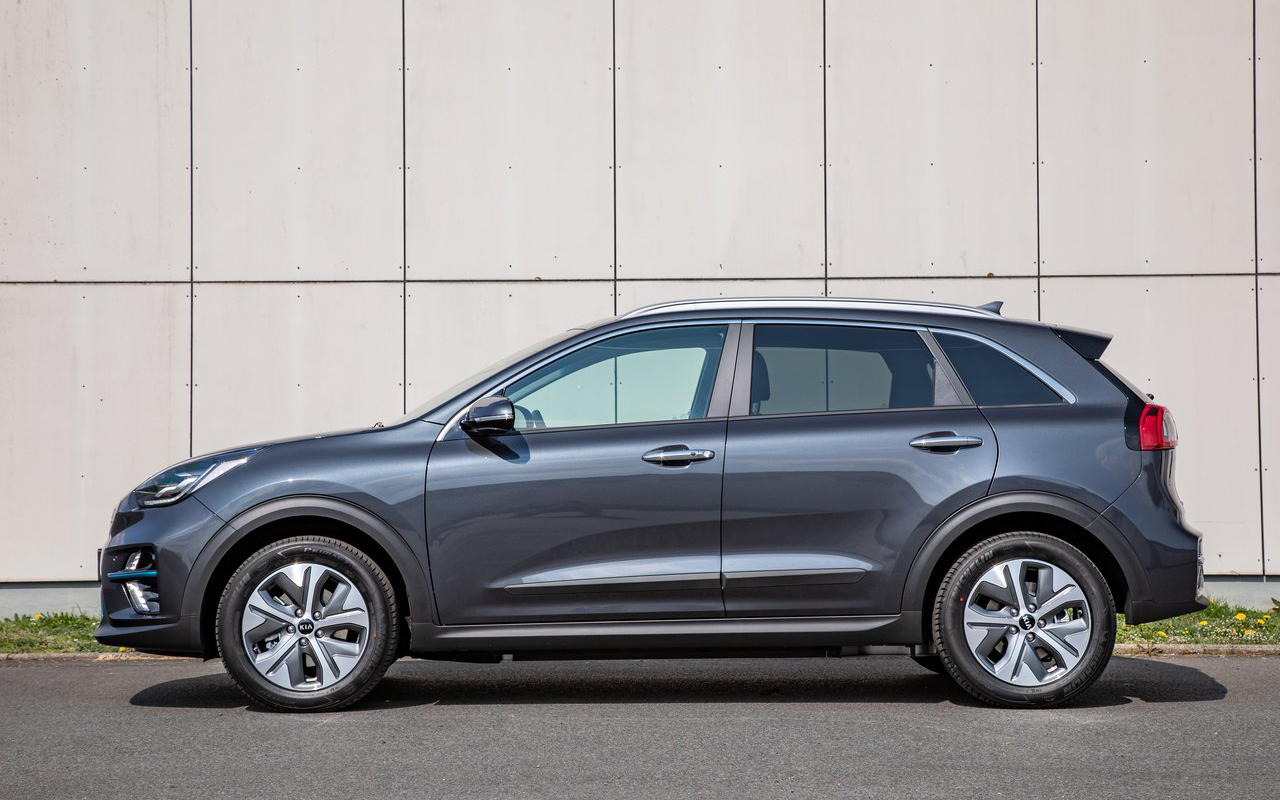
4. Tesla Model 3 Performance – 239 miles
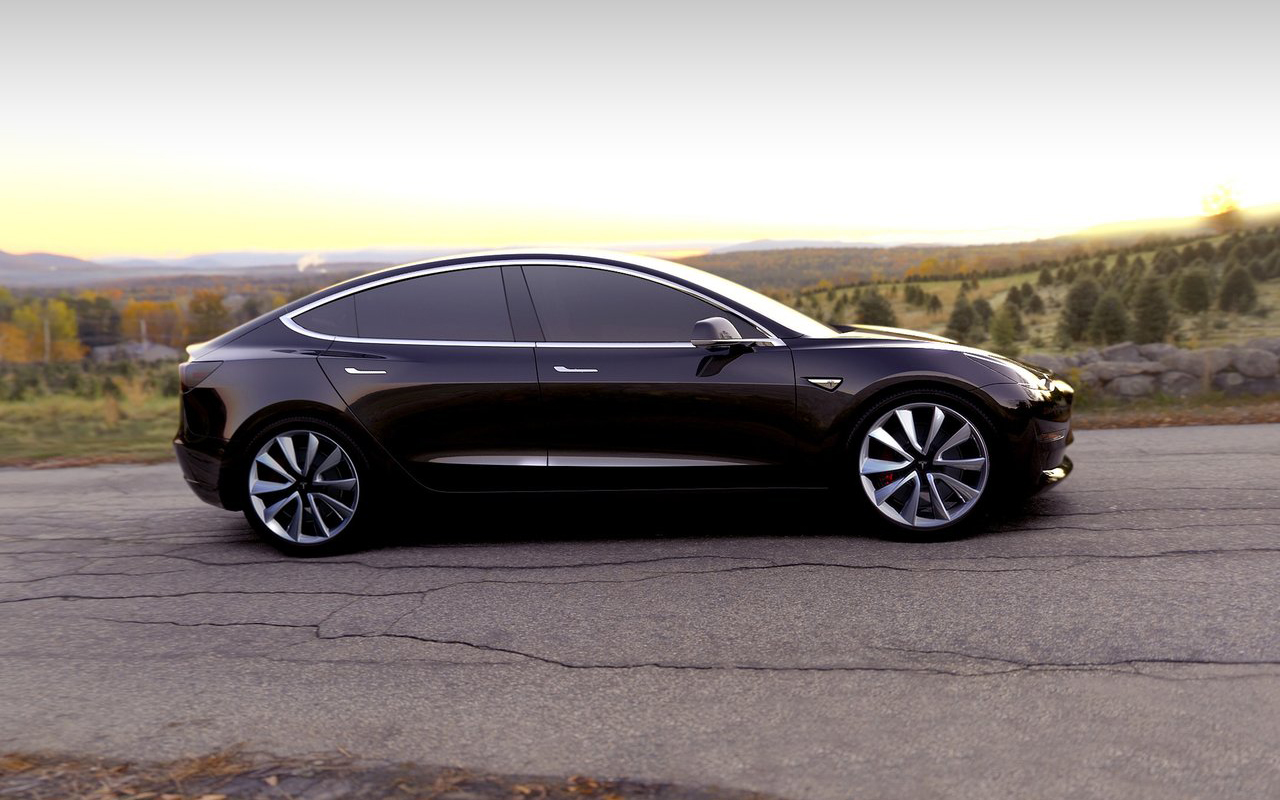
5. Tesla Model X – 233 miles
